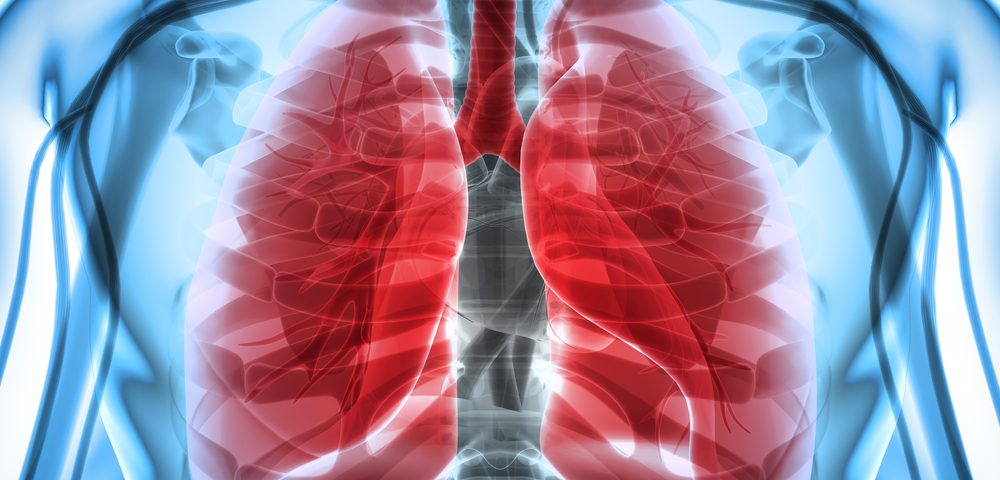A new Centers for Disease Control and Prevention (CDC) study finds that adults with work-related asthmawork-related asthma have more severe symptoms than those with nonwork-related asthma and are particularly vulnerable to pneumococcal pneumonia.
However, the study “Pneumococcal Vaccination Among Adults With Work-related Asthma,” published in the American Journal of Preventive Medicine, found that just 54 percent of those with work-related asthma — asthma caused or made worse by something in the workplace — have received the pneumococcal polysaccharide vaccine against pneumococcal infection.
“People with work-related asthma are particularly vulnerable to pneumococcal pneumonia,” John Howard, MD, director of the CDC’s National Institute for Occupational Safety and Health (NIOSH), said in a press release
“Vaccination is the best way to prevent pneumococcal disease, including pneumonia, and CDC recommends that all adults with asthma, whether work-related or not, get the pneumococcal polysaccharide vaccine,” Howard said.
NIOSH researchers used data from the 2012-2013 Behavioral Risk Factor Surveillance System (BRFSS), a telephone survey with an optional asthma call-back survey that collected detailed information on an estimated 12 million ever-employed adults with current asthma in 29 states.
Pneumococcal vaccine recipients were defined as those who indicated during the interview they had ever received the vaccine.
Adults with work-related asthma were more likely to have received a pneumococcal vaccine than adults with nonwork-related asthma (53.7% vs. 35.0%, respectively). The survey found vaccination averaged 42.0% among ever-employed adults with current asthma, and a range of 33.2% to 39.0% among other demographic categories.
Among adults with work-related asthma, pneumococcal vaccine coverage was lowest among Hispanics (36%), those without health insurance (39%), and adults ages 18 to 44 years (42%). A CDC Healthy People 2020 project target is to achieve 60% vaccination coverage among high-risk adults.
“People with work-related asthma are particularly vulnerable to pneumococcal pneumonia,” Howard said in the release. “Vaccination is the best way to prevent pneumococcal disease, including pneumonia, and CDC recommends that all adults with asthma, whether work-related or not, get the pneumococcal polysaccharide vaccine.”
Pneumococcal infection is a vaccine-preventable illness caused by the bacterium Streptococcus pneumoniae, which can look like meningitis, pneumonia, bacteremia, bronchitis, sinusitis, and otitis media (ear infections).
The CDC estimates that about 900,000 Americans get pneumococcal pneumonia each year and about 5% to 7% die from it, noting that pneumococcal vaccines help protect against some of the more than 90 types of pneumococcal bacteria. The center recommends vaccination as the safest, most effective protection against getting pneumococcal disease.
NIOSH researchers note that pneumococcal vaccination coverage among adults with work-related asthma and nonwork-related asthma is still well below the Healthy People 2020 target level, and recommend that healthcare providers verify the pneumococcal vaccination status in their patients with asthma and offer the vaccine to those who haven’t been vaccinated.
“Our study found that the vaccination coverage for pneumococcal disease among adults who have ever worked and have asthma falls short of achieving the coverage public health experts recommend,” said Katelynn Dodd, MPH, the survey’s lead author and an epidemiologist in NIOSH’s Respiratory Health Division.
More information on pneumococcal disease, including risk factors, symptoms, prevention, and vaccines can be found on the CDC website.

